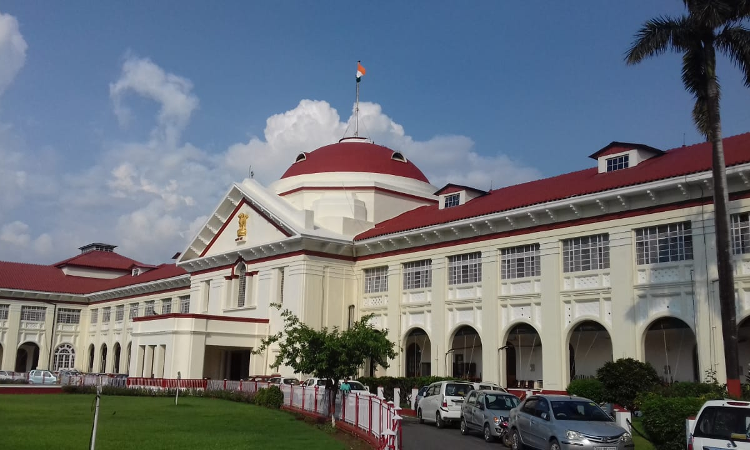The Patna High Court has recently held that even administrative and quasi-judicial authorities are expected to pass reasoned orders, in support of their conclusions, to avoid any prejudice. Justice Chakradhari Sharan Singh, while hearing an appeal against a black-listing (unreasoned) order passed by the Chief Engineer of State's Road Construction Department, observed,"Keeping in mind the...

